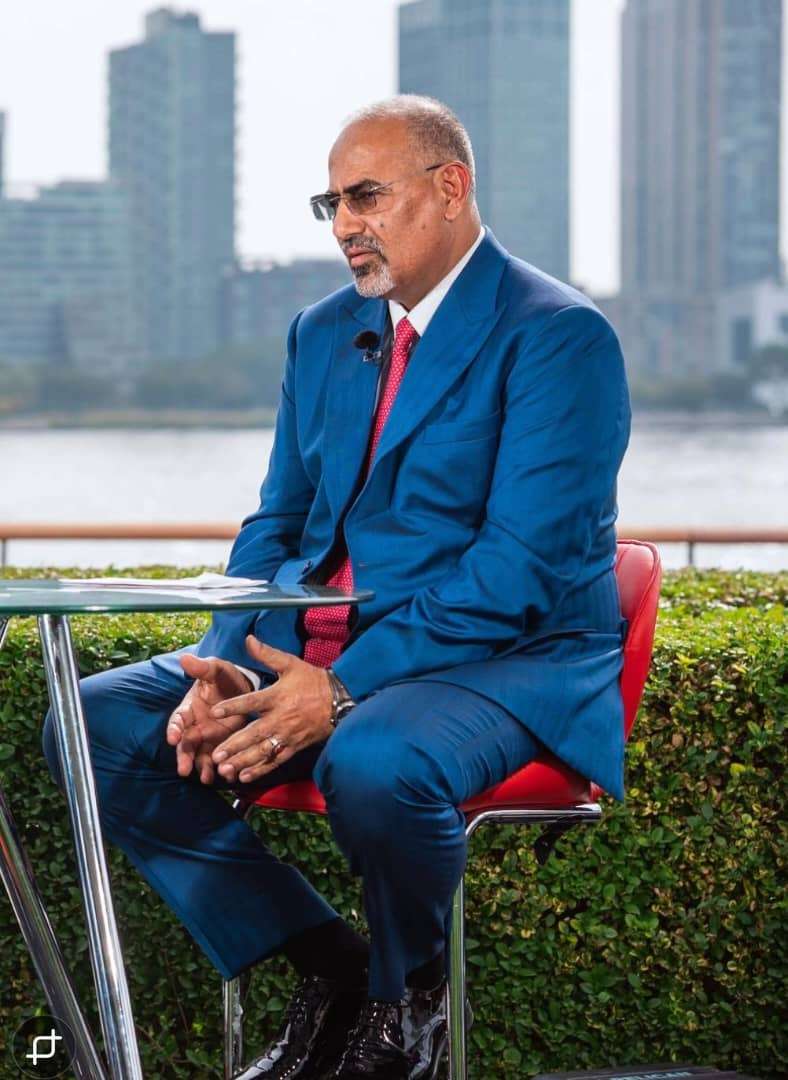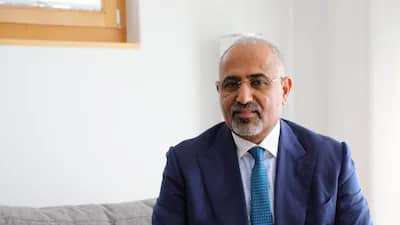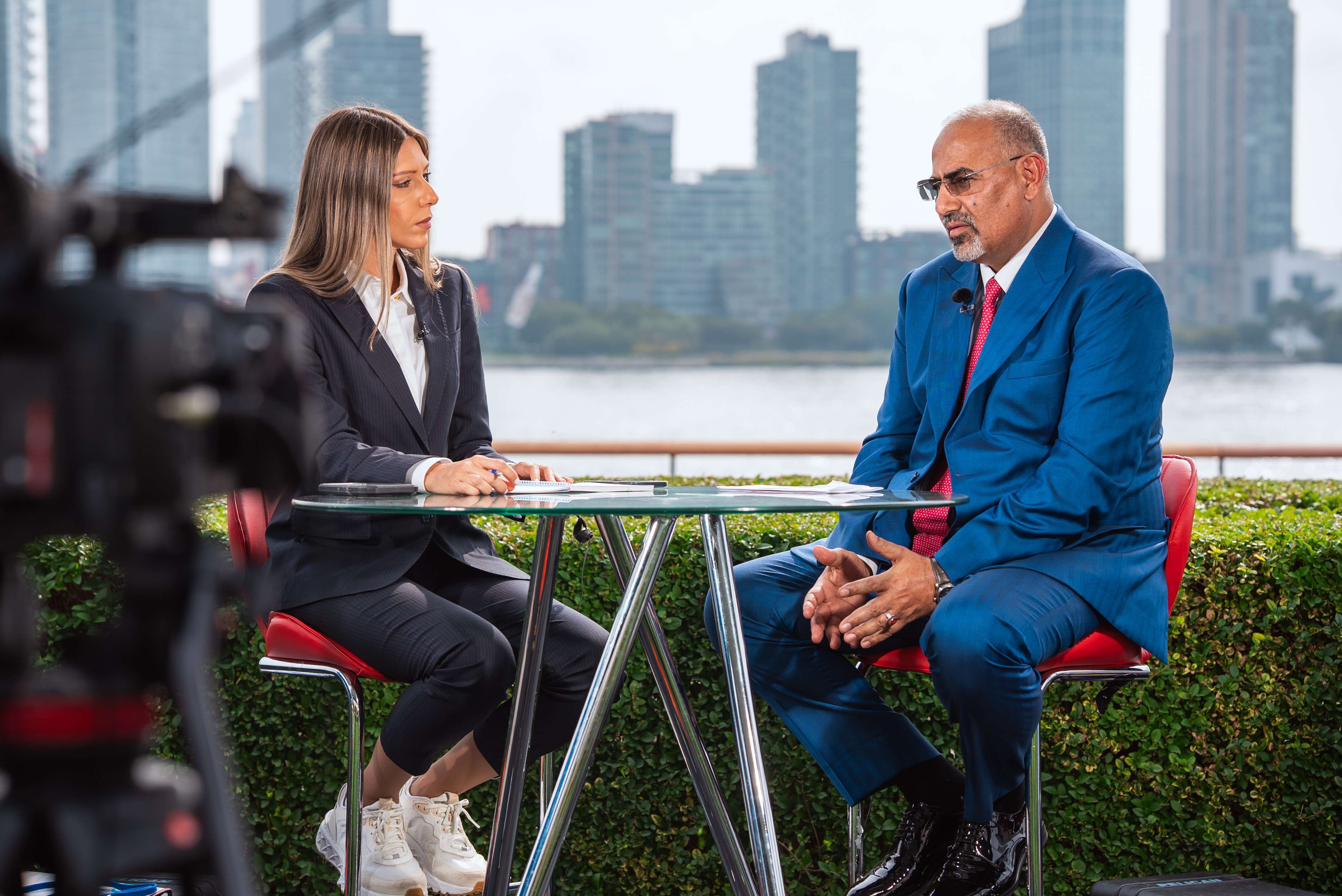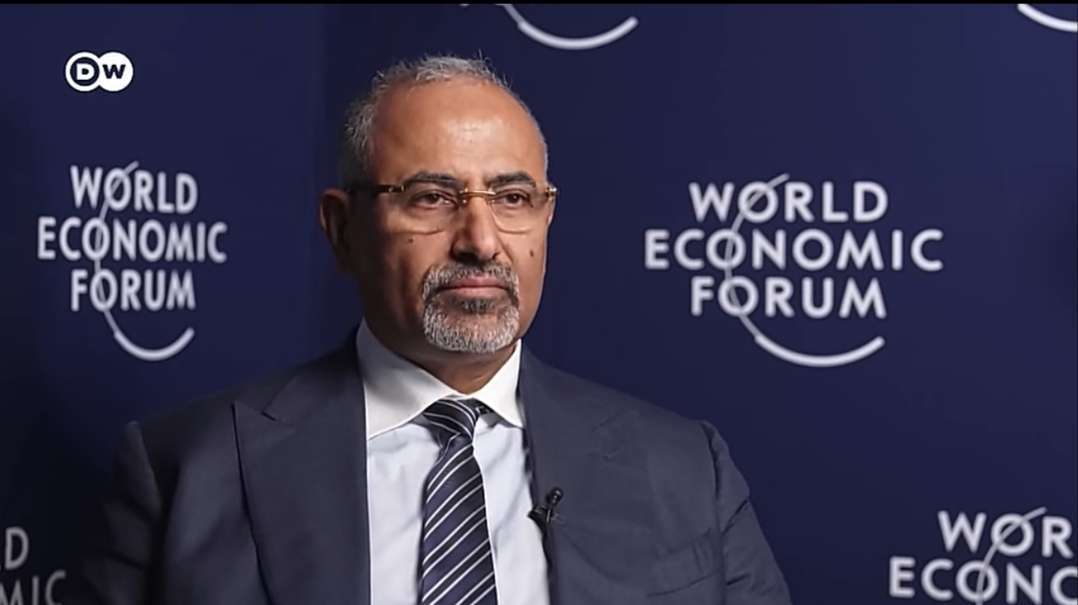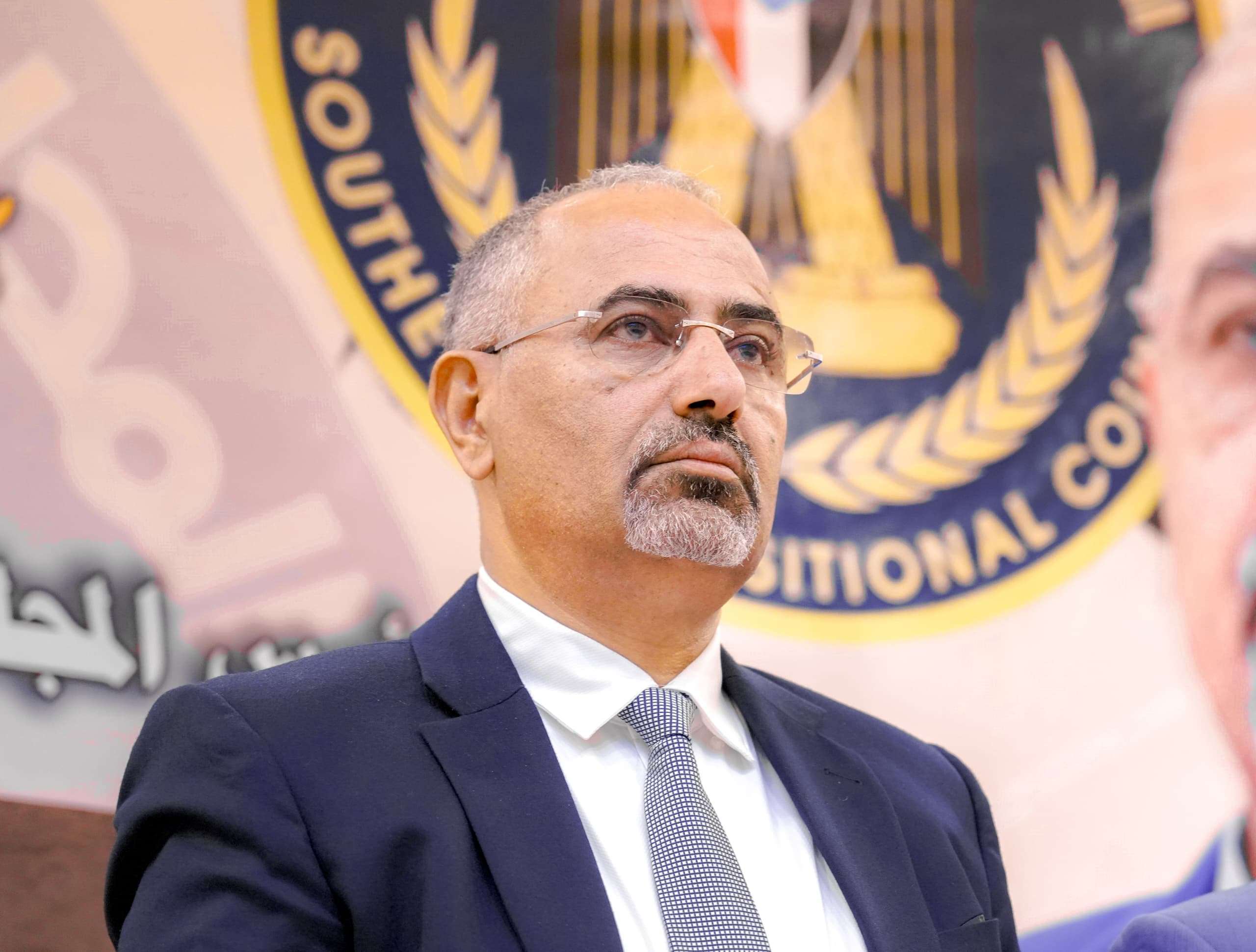President Aidarous Qassem Al-Zubaidi, President of the Southern Transitional Council (STC) and Vice Chairman of the Presidential Leadership Council (PLC), in an interview with the Guardian newspaper, reaffirmed that “the best solution for Yemen and the best path to stability is the two-state solution, whether by referendum or agreement. The reality on the ground is that there are two states militarily and economically.” His Excellency adds, "The path to a political agreement between north and south is blocked. The Houthis have escalated their attacks on the sea lanes and they have been designated a terrorist organisation by America. There will never be a political agreement between the Houthis and the south."
President Al-Zubaidi argues that with functioning banks, oil, refineries and ports, a southern Yemeni state could be prosperous. It would serve as a more coherent stabilising force for the west, securing key maritime routes such as the Bab el-Mandeb strait, so countering Houthi expansion and Iranian influence in the south and acting as a bulwark against al-Qaida.
The full interview is here under:
Patrick Wintour in New York
Thu 25 Sep 2025 05.00 BST
Yemen needs its own two-state solution, the president of its Southern Transitional Council (STC) has said, warning that there is currently no prospect of dislodging the Iran-backed Houthis from power in the north.
Speaking on the sidelines of the UN general assembly, Aidarous al-Zubaidi told the Guardian: “The best solution for Yemen and the best path to stability is the two-state solution, whether by referendum or agreement. The reality on the ground is that there are two states militarily and economically.”
Between 1967 and 1990 the Arab world’s poorest nation was divided in two, with the Yemen Arab Republic in the north and the communist People’s Democratic Republic of Yemen in the south. The two states reunited in 1990 but in 2014 Houthi rebels seized the capital, Sana’a, unleashing a catastrophic civil war that displaced more than 4.5 million people before a 2022 ceasefire.
In March 2015, a Saudi-led coalition launched an air campaign to prevent the rebels from overrunning the country’s south, while the Houthis have used drones and missiles to attack Saudi Arabia and have targeted vessels in the Red Sea. This year hundreds of civilians were killed in a two-month US bombing campaign against the Houthis.
Yemen remains divided between north and south but is still treated as a unitary state by the international community. Zubaidi said there was no prospect of removing the Houthis through bombing alone and little hope of a political settlement.
“The path to a political agreement between north and south is blocked. The Houthis have escalated their attacks on the sea lanes and they have been designated a terrorist organisation by America. There will never be a political agreement between the Houthis and the south,” he said.
In May the US abruptly ended its bombing campaign, handing the task to the Israelis, and in the past six months the Houthis have been repeatedly struck by heavy Israeli bombing, including an attack that killed the Houthi prime minister and most of his cabinet. But there are few signs that Israeli tactics are destabilising a deeply religious and authoritarian Houthi leadership.
The Houthis continue to target Israel and shipping in the Red Sea. On Wednesday at least 20 people were injured when a Houthi drone bypassed Israeli defence systems and struck the resort city of Eilat. The Houthis claim they are acting in solidarity with Palestinians.
The STC, the dominant force in Aden and large parts of Yemen’s south, has always advocated separation for the south but it is now trying to assert its influence over those Yemenis who think the country can be reunited.
In a Saudi attempt to integrate the separatist movement with the other anti-Houthi forces, in 2022 the STC was given three seats on a new eight-strong presidential leadership council, but the STC has become increasingly frustrated with the way the council has been run by the Saudi-backed president, Rashad al-Alimi.
In a move that infuriated the Saudis and the US this month, Zubaidi issued 11 decrees that made a series of appointments to governorships across the region.
Zubaidi said: “All these appointments that we have made are our political right to make. What we are trying to ensure is there are proper decision mechanism procedures. We tried to ignore all these attempts to exclude us but in the end there was no clear mechanism for us to share in the decision making.”
Zubaidi admitted he had acted partly because he feared support for the southern cause would be eroded by the STC’s inability to improve services to citizens, leaving him in a position of what he accepted was “responsibility without power”.
The official Saudi and UN position is to preserve the 40 million Yemenis in one country, requiring either an unlikely military defeat of the Houthis, or a power-sharing political settlement between the Houthis and the legitimate government which the Houthis have shown little interest in negotiating.
Zubaidi’s aides argue that with functioning banks, oil, refineries and ports, a southern Yemeni state could be prosperous. It would serve as a more coherent stabilising force for the west, securing key maritime routes such as the Bab el-Mandeb strait, so countering Houthi expansion and Iranian influence in the south and acting as a bulwark against al-Qaida.
For more details attached here under the link:
https://www.theguardian.com/world/2025/sep/25/yemen-needs-two-state-solution-houthis-southern-leader?CMP=share_btn_url

